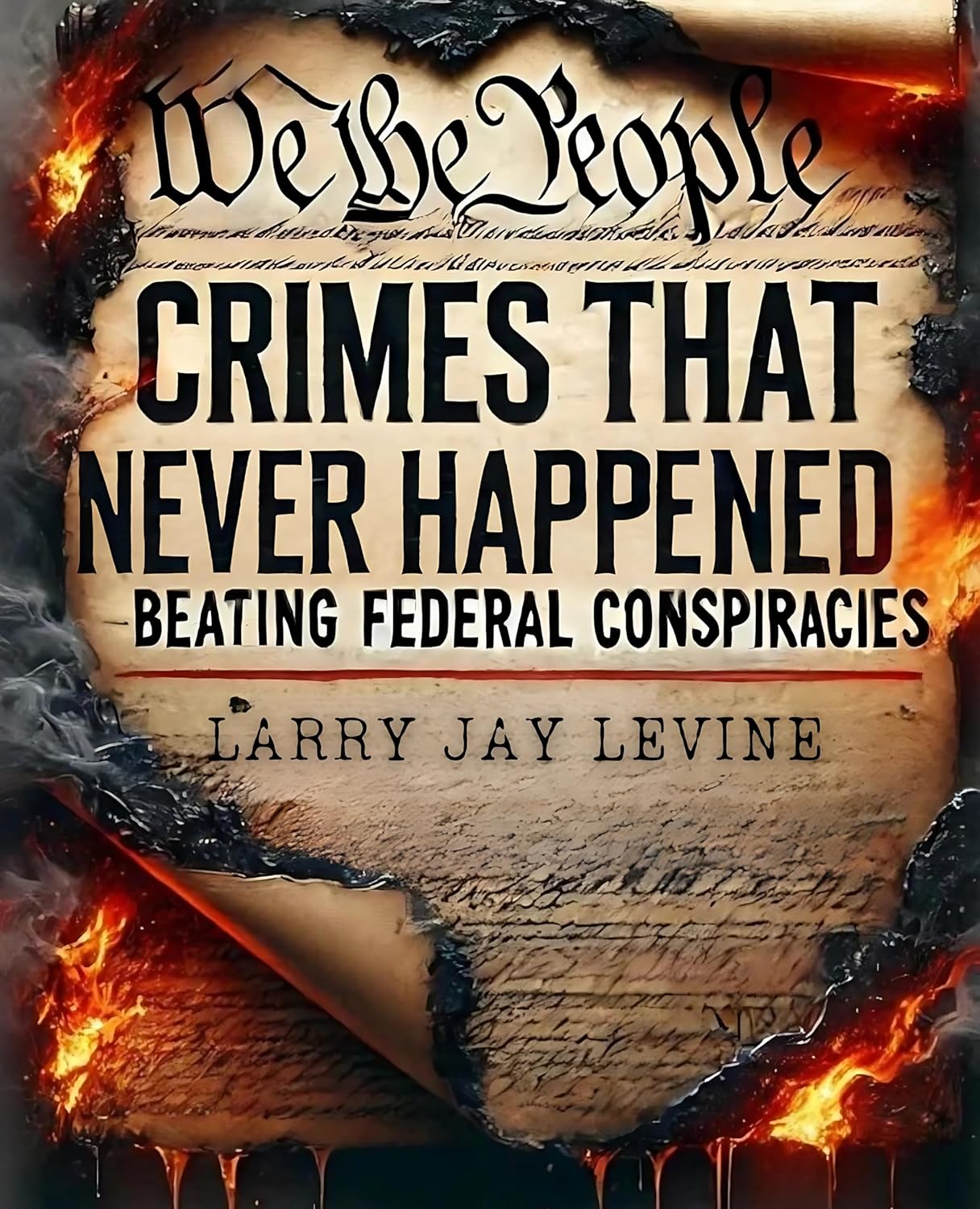What Is the FBI?
The Federal Bureau of Investigation (FBI) is the primary federal law enforcement agency responsible for investigating and enforcing over 200 categories of federal crimes. Operating under the jurisdiction of the U.S. Department of Justice, the FBI serves as the nation’s lead agency for national security, counterterrorism, and criminal investigations, including a broad range of white-collar crimes.
The FBI operates through 56 field offices across the United States and has a global presence through legal attaché offices (known as Legats) in U.S. embassies worldwide. Its mission is to protect and defend the United States against both domestic and international threats.
Facing an FBI Investigation? Don’t Wait.
If you’re under investigation by the FBI, you’re dealing with the most powerful law enforcement agency in the world. Their cases are prosecuted in US District Court by the US Attorney’s Office and built on meticulous evidence, and they rarely pursue charges unless they’re confident they can win.
How White Collar Advisory Group Can Help You
That’s where White Collar Advisory Group comes in. We prepare criminal defendants in dealing with the federal court system and while attorneys focuses on courtroom strategy, we focus on protecting your future by preparing you for the realities of federal prosecution and prison life.
Our services go beyond legal defense—we focus on what comes next:
- Sentencing Preparation: Learn how to present yourself effectively to mitigate sentencing outcomes, including strategies for the Presentence Investigation Report (PSR).
- Prison Consulting: Guidance on navigating the federal prison system, from security classifications to daily survival strategies.
- Sentence Reduction Strategies: Advice on qualifying for programs like RDAP, compassionate release, and sentence mitigation tactics.
- Post-Conviction Support: Assistance with halfway house placement, supervised release, and reentry strategies after prison.
We’ve helped countless clients navigate the federal system, and we’re ready to help you.
Contact Us Now
📧 Email: help@whitecollaradvisorygroup.com
📞 Phone: 480-745-2000`
Self Help Books by Larry Levine
 |
 |
Key Areas the FBI Investigates
The FBI’s investigative scope is vast, covering crimes that threaten national security, public safety, and the integrity of financial systems. Here are the primary areas they focus on:
🕵️ 1. White-Collar Crimes
- Corporate Fraud: Accounting fraud, insider trading, and securities fraud.
- Bank Fraud: Schemes targeting financial institutions.
- Wire and Mail Fraud: Fraud committed through electronic communications or postal services.
- Money Laundering: Concealing the origins of illegally obtained money.
- Healthcare Fraud: False billing and fraudulent claims against government healthcare programs.
- Embezzlement and Bribery: Misappropriation of funds and public corruption.
🌍 2. National Security Threats
- Counterterrorism: Preventing terrorist attacks against the U.S. and its interests.
- Counterintelligence: Detecting and neutralizing espionage activities by foreign governments.
- Cybercrime: Investigating hacking, ransomware attacks, and digital infrastructure threats.
💻 3. Cybercrime and Digital Threats
- Identity Theft: Crimes involving stolen personal information.
- Intellectual Property Theft: Violations involving copyrighted materials, patents, and trade secrets.
- Online Fraud and Scams: Internet-based financial fraud and phishing schemes.
🚔 4. Violent Crimes and Criminal Organizations
- Organized Crime: Targeting drug cartels, human trafficking networks, and mafia-related activities.
- Public Corruption: Investigating corruption within government agencies and public offices.
- Civil Rights Violations: Hate crimes, police misconduct, and human trafficking.
How the FBI Conducts Investigations
The FBI uses cutting-edge technology, sophisticated investigative techniques, and a vast network of domestic and international partnerships to build cases. Their investigations often involve:
- Surveillance Operations: Physical and electronic monitoring of suspects.
- Undercover Agents: Infiltrating criminal organizations to gather firsthand evidence.
- Forensic Accounting: Analyzing complex financial records to uncover fraud.
- Wiretaps and Digital Forensics: Monitoring communications and retrieving deleted data from devices.
- Task Forces: Collaborating with local, state, and international law enforcement agencies.
Once an investigation is complete, the FBI refers cases to the Department of Justice (DOJ) for prosecution in federal court.
Penalties for Crimes Investigated by the FBI
Since the FBI handles a wide range of crimes, the penalties vary depending on the offense. Some examples include:
- White-Collar Crimes: Up to 30 years in federal prison for major fraud or embezzlement cases.
- Terrorism-Related Offenses: Potential for life imprisonment or even the death penalty in extreme cases.
- Cybercrime: Up to 20 years in prison for large-scale hacking or ransomware attacks.
- Public Corruption: Sentences range from 5 to 15 years depending on the severity of the crime.
Federal sentencing follows the U.S. Sentencing Guidelines, which consider factors such as the crime’s severity, financial loss, and prior criminal history.
Common Defense Strategies in FBI Investigations
Facing an FBI investigation doesn’t mean you’re guilty. There are several effective defense strategies, including:
- Challenging the Evidence: Questioning the legality of how evidence was obtained, such as through improper surveillance or unlawful searches.
- Lack of Criminal Intent: Proving that any alleged wrongdoing was unintentional or due to a misunderstanding.
- Entrapment: Arguing that undercover agents induced the defendant to commit a crime they wouldn’t have otherwise considered.
- Constitutional Violations: Asserting violations of your Fourth Amendment rights (illegal searches) or Fifth Amendment rights (self-incrimination).
An early, proactive legal strategy is critical when dealing with the FBI.
Frequently Asked Questions About the FBI
Does the FBI investigate all federal crimes?
No. While the FBI covers a broad range of crimes, certain offenses fall under the jurisdiction of specialized agencies like the DEA (drug-related crimes) or ATF (firearms-related offenses).
How do I know if I’m under FBI investigation?
Common signs include receiving a subpoena, being contacted by an FBI agent for an interview, or noticing surveillance activities. If you suspect you’re under investigation, consult an attorney immediately.
Can the FBI arrest me without evidence?
No. The FBI must have probable cause to make an arrest, supported by evidence that justifies the charges.
What happens if the FBI contacts me? Should I speak to them?
Do not speak to the FBI without legal representation. Even seemingly innocent conversations can be used against you in court. Politely decline and consult with an attorney immediately.

